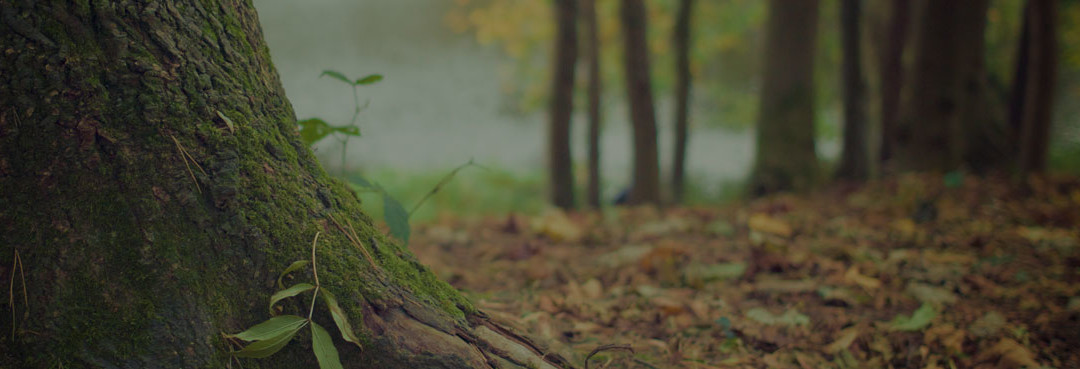To know is to be; to be is to do and to do is to be fulfilled ~ Fulfillment of self-knowledge, flowering in acting for the good of all. We must first know, then do, and finally be the change that we aspire to inspire in others. This knowing-doing-being framework takes place in three distinct steps: learning, reflecting, and transforming. Through reflection, we convert learning into strong conviction. Through assimilating and internalizing values, we are able to bring about a paradigm shift and transform our behavior.
Being is an ineffable state that pervades and enlivens both knowing and doing. This is often referred to as the sheer joy of being.
Self-knowledge illumines the sense of universal oneness with all beings. Self-knowledge means the knowledge of one’s true self at the “soul-level”—beyond the body, senses, mind, and intellect. While all other knowledge pertains to knowing everything that can be objectified externally, self-knowledge is about knowing the Knower.
Realizing this universal sense of oneness with the cosmos awakens the innate compassion within, leading naturally to acting for the well-being of all beings.
One practical application of realizing our cosmic oneness is that we come to clearly understand the ineffable cosmic moral order, the dharma.
Animals have a one-way understanding of dharma: They intuitively know that it is not good to be hurt. Discreet
But human beings, through moral reasoning, viveka, have the two-way understanding of the dharma: We innately and intimately know that—
It is not good to be hurt; and therefore,
It is not good to hurt others.
This uniquely human two-way understanding of moral order is the most fundamental principle and the foundation of all secular and sacred ethics—the mother of the golden rule: Do as you will be done by. Dharma and karma are phonetically and ontologically one.
One needs to realize the truth of One Reality that pervades all and everything in the universe. This non-dual Reality is called Brahman (the Absolute) and is the very Self (Ātman) of everyone and everything. He who perceives the one Divine Principle dwelling in all beings as their very Self cannot harm another, for the Self cannot harm itself. When one understands that one Self pervades all the myriad selves, one comes to know that to hurt any being is essentially to hurt oneself. When we delve deep into the core of our being, we come upon the core of all—the Self. Then we come to realize that not only this world but all life is one. This is the true wisdom of the Self, the art and science of self-realization.
“If you thoroughly search in ten directions with your mind, nowhere will you find anything more dear to you than yourself. In the same way, the self is extremely dear to others. Therefore, one who loves himself should cause no harm to another.”[1]
The Brahman, the ultimate reality, is frequently expressed as Sat-Chit-Ananda, Being-Consciousness-Bliss-Absolute. Everything that exists has this Being-Consciousness-Bliss as its ultimate nature or substratum which is essentially nondual—One, without a second. On this quantum soup of metaphysical oneness which forms the warp and woof of all life, flora and fauna, various names and forms (nāma-rūpa) are superimposed which account for all the multiplicity of creation. It is very important to understand this view of life and reality in order to fully appreciate the insistence on nonharm to any being. Since there is one Self that pervades all the myriad selves, to hurt any being is essentially to hurt oneself.
According to the Gītā (6.32) that person “is considered the best who judges happiness and sorrow in all beings, by the same standard as he would apply to himself.” No higher touchstone exists for human conduct than this proverbial golden rule.
That is why the sages have called this universal value of nonviolence, ahiṁsā, as the highest virtue–ahiṁsā paramo dharma. These sages created even finer degrees of this practice of utter harmlessness—non-harm in thought, word, and deed. Nonviolence is not a negative virtue but is based on the positive quality of universal love and compassion. Nonviolence (ahiṁsā) is the truest manifestation of ethical behavior. One who lives by this ideal cannot be indifferent to the suffering of others.
When we purge our mind of all forms of harmlessness, anger, hatred, and greed—in thought, word, and deed—and awaken the deep compassion within our heart, we benefit the whole universe. Such is the law of unity and oneness of all existence (sarvātmabhāva).
By the force of divinity inherent within all of us, it is possible to live a life of total selflessness and harmlessness, a life completely dedicated to the service of the divine through the service of humanity.
It is when we come to realize and honor the benevolent moral order (dharma) that we become truly fully human. This requires a deeper understanding of our self and the self of all. That is why it is said that self-knowledge is first and the last step.
Until a gap exists between what we think (vicāra) and what we do (acāra), the goal—sacred or secular—is still far away. To know is to be and to be is to do.
We have come full circle: Fulfillment of self-knowledge, flowering in acting for the good of all.
To know, to do, and to be.
[1] Samyutta Nikaya, PTS 1:75 (author’s emphasis). Story accessed, January 12, 2015. http://www.wisdomportal.com/Peace/Peace-Quotes.html


Recent Comments